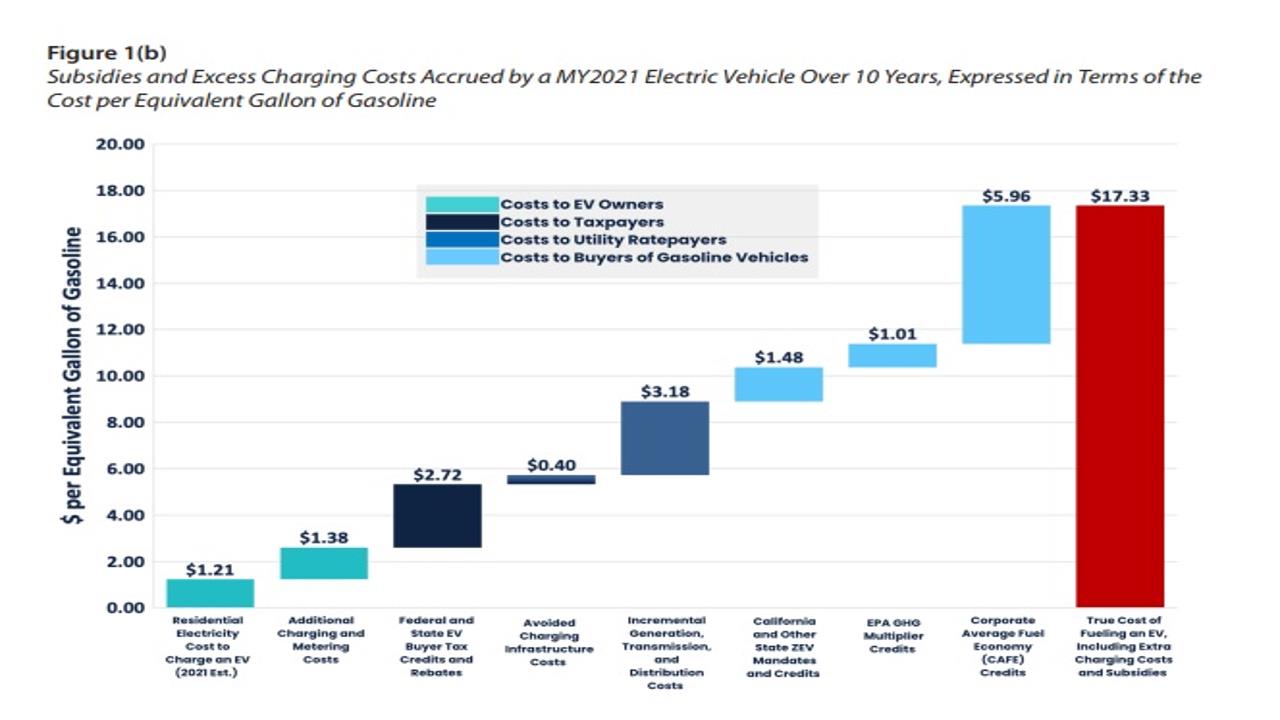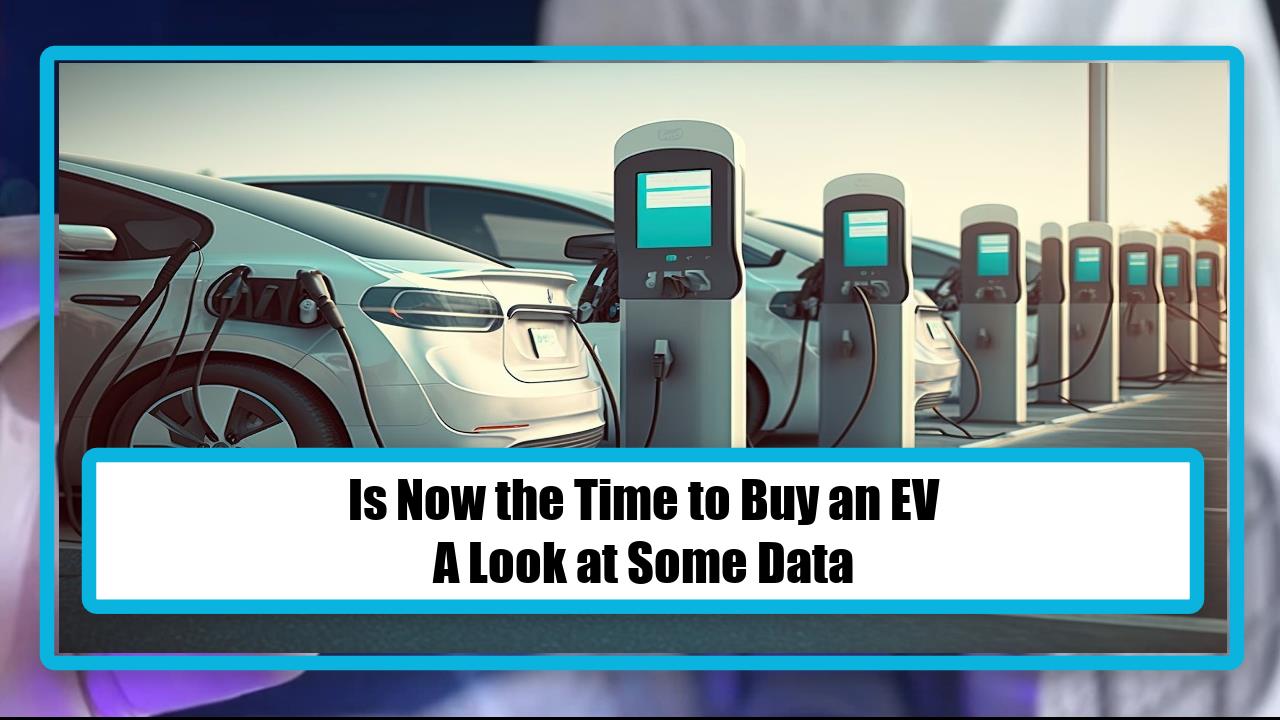Video:
Take our online poll:
AI Analysis:
Before buying an electric vehicle (EV), there are several important factors to consider to ensure it meets your needs and expectations. Here are some key considerations:
(1) Range: Evaluate the driving range of the EV on a single charge. Consider your daily commuting distance and whether the range is sufficient for your needs. Range can vary significantly between different EV models.
(2) Charging Infrastructure: Check the availability of charging stations in your area and along your regular routes. Consider whether you have access to home charging and the type of charger you can install (Level 1, Level 2, or Level 3 fast charger).
(3) Charging Time: Understand the time it takes to charge the EV fully. Level 1 chargers are slow (typically overnight charging), while Level 2 chargers are faster. Level 3 (DC fast chargers) are the quickest but may not be as widely available.
(4) Incentives and Rebates: Research government incentives, tax credits, and rebates available for EV buyers. These incentives can significantly reduce the cost of the vehicle.
(5) Cost: Compare the upfront cost of the EV with traditional internal combustion engine (ICE) vehicles. Keep in mind that EVs tend to have lower operating and maintenance costs over the long term.
(6) Total Cost of Ownership: Consider factors like insurance, electricity costs, maintenance, and potential savings in fuel costs over time. Many EVs have lower maintenance requirements compared to traditional vehicles.
(7) Resale Value: Research the resale value of the EV model you're interested in. Some models hold their value better than others.
(8) Environmental Impact: One of the primary reasons for choosing an EV is its reduced environmental impact. Consider the source of electricity in your area to assess the overall emissions reduction of driving an EV.
(9) Vehicle Type: Determine whether you need a compact, sedan, SUV, or another type of EV. Consider the size and style that suits your lifestyle and needs.
(10) Brand and Model: Research various EV brands and models to find the one that best fits your preferences, requirements, and budget. Read reviews and get feedback from current EV owners.
(11) Warranty: Review the warranty offered by the manufacturer for the EV's battery and other components. Battery warranties can vary, so be sure to understand the terms and conditions.
(12) Charging Adapters and Cables: Some EVs come with charging adapters and cables, while others may require additional purchases. Check what's included with the vehicle and what you might need.
(13) Home Charging Installation: If you plan to charge at home, consider the cost and requirements for installing a home charging station. Ensure your electrical infrastructure can support it.
(14) Cold Weather Performance: Some EVs may experience reduced range and efficiency in extreme cold temperatures. If you live in a cold climate, this is something to consider.
(15) Test Drive: Before making a decision, take the EV for a test drive to evaluate its performance, handling, and comfort.
(16) Maintenance and Repairs: Research the availability of service centers for the specific EV brand in your area. Check the cost and availability of replacement parts.
(17) Technology and Features: Consider the technological features, connectivity options, and safety features offered by the EV model.
By carefully considering these factors, you can make an informed decision when purchasing an electric vehicle that aligns with your lifestyle, budget, and environmental goals.
Chart:

References:


Comments